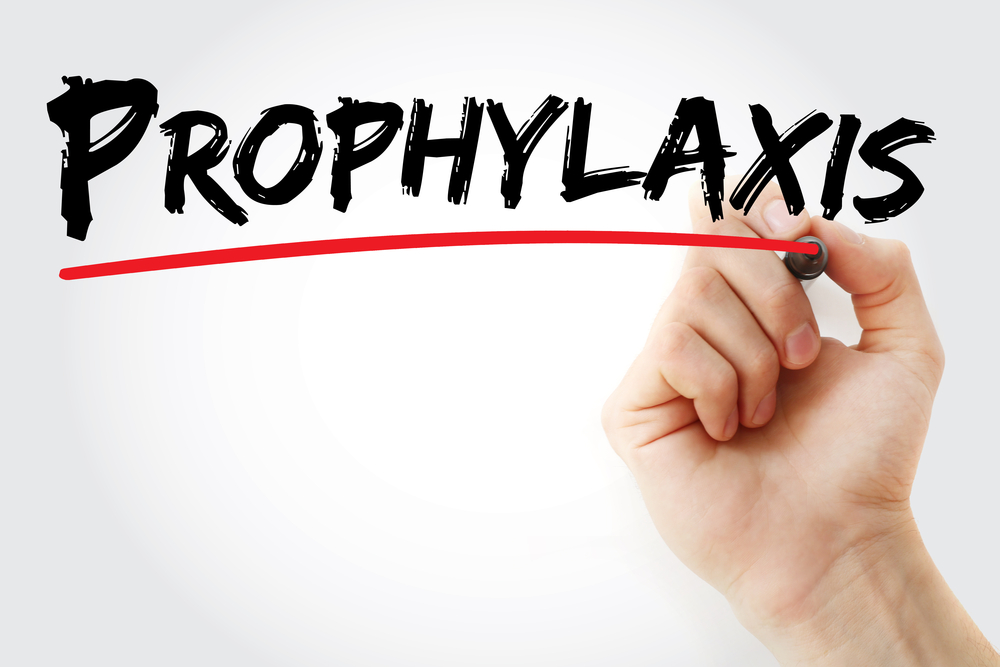Preventive Use of Idelvion Lets Kids with Hemophilia B Need Fewer Infusions, Trial Shows

Prophylaxis with Idelvion (rIX‐FP) significantly improved clinical outcomes and quality of life for children with hemophilia B and eased daily life for their caregivers, Phase 3 clinical trial data show.
The findings of the study, “Health-related quality of life in paediatric haemophilia B patients treated with rIX‐FP,” were published in Haemophilia.
Current treatments for hemophilia B are based on providing the missing FIX to patients as a preventive measure to avoid spontaneous bleeding episodes.
However, many children with the most severe form of the disease receiving FIX up to three times a week may still experience traumatic bleeding episodes. For this reason, many patients and their caregivers feel discouraged and discontinue treatment.
One way to circumvent this problem would be to extend the half-life of FIX so children would need less frequent infusions. This may be achieved with an artificial form of FIX, called recombinant FIX (rFIX), which is able to remain active in the blood for longer periods of time.
Previous findings demonstrated that Idelvion, a fusion protein linking rFIX and albumin (a plasma protein), can remain active in the blood five times longer than conventional rFIX and reduce the frequency of spontaneous bleeding episodes in children with hemophilia B.
In this study, researchers aimed to evaluate whether prophylaxis with Idelvion improves the quality of life of children with hemophilia B and the satisfaction of their caregivers.
They analyzed answers to the Haemo‐QoL and Hemo‐SATP questionnaires, respectively, at the beginning and end of the study.
The prospective, non-randomized, international, open‐label, Phase 3 trial (NCT01662531) enrolled 27 children with moderate or severe hemophilia B who had previously received treatment with rFIX. All children received a weekly dose of Idelvion at 35‐50 IU/kg and were divided into two age groups: group I, ages 4-7; and group II, ages 8-12.
A total of 17 children — 10 from group I and seven from group II — completed the Haemo‐QoL survey before starting treatment with Idelvion and at the end of the study (EOS).
Among these patients, there was a reduction in mean annualized bleeding rate (ABR) and annualized spontaneous bleeding rate (AsBR) from baseline to EOS.
In group I, there was a marked increase in perceived “physical health” with 60% of children being responders for the “physical health” category. In group II, perceived improvements in health status were observed in most categories, with 71.4% of children being responders for “total score.”
Moreover, fewer children missed school while they were receiving Idelvion prophylactically and 94.1% were able to maintain their physical activity over the course of the study.
As for caregivers, perceived improvements were also found in most categories of the Hemo‐SatP questionnaire, albeit on a smaller scale. When patients were treated with Idelvion, caregivers missed fewer days of work, from baseline to EOS. The researchers attributed this to less dosing and the significant reduction in bleeding rates.
“In conclusion, 7‐day prophylaxis with rIX‐FP [Idelvion] improved HRQoL [health-related quality of life] in pediatric patients, reduced school absenteeism and enabled patients to maintain their levels of physical activity. Caregivers also experienced an improvement in their “burden” related to their child’s treatment. The long-term impact of the low bleeding rates achievable with rIX‐FP prophylaxis may lead to more significant improvements in HRQoL later in life,” the researchers stated.






